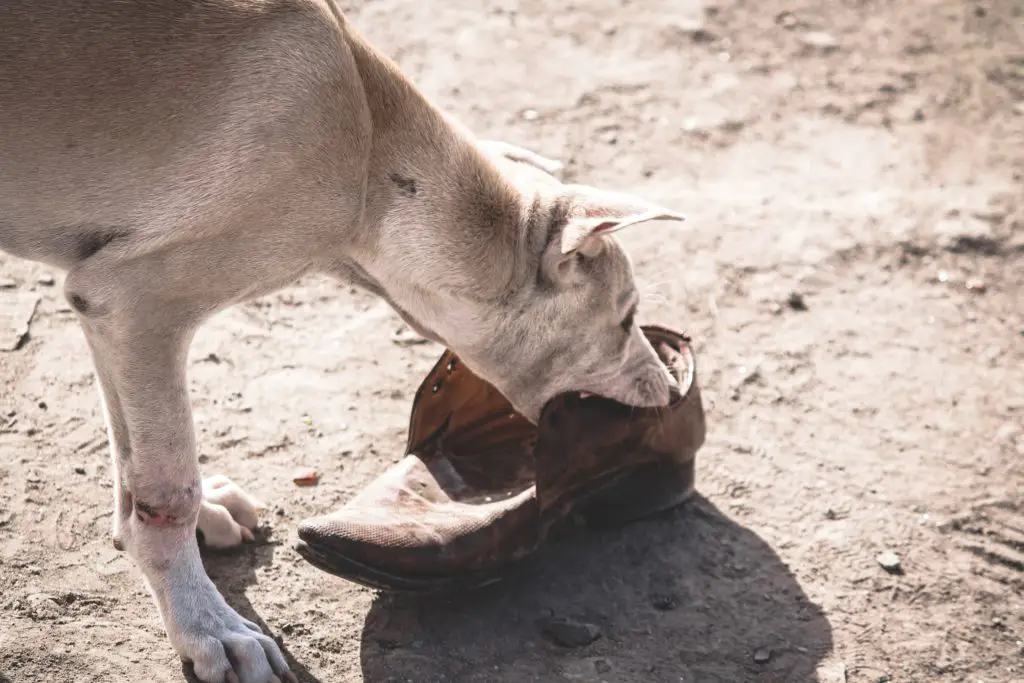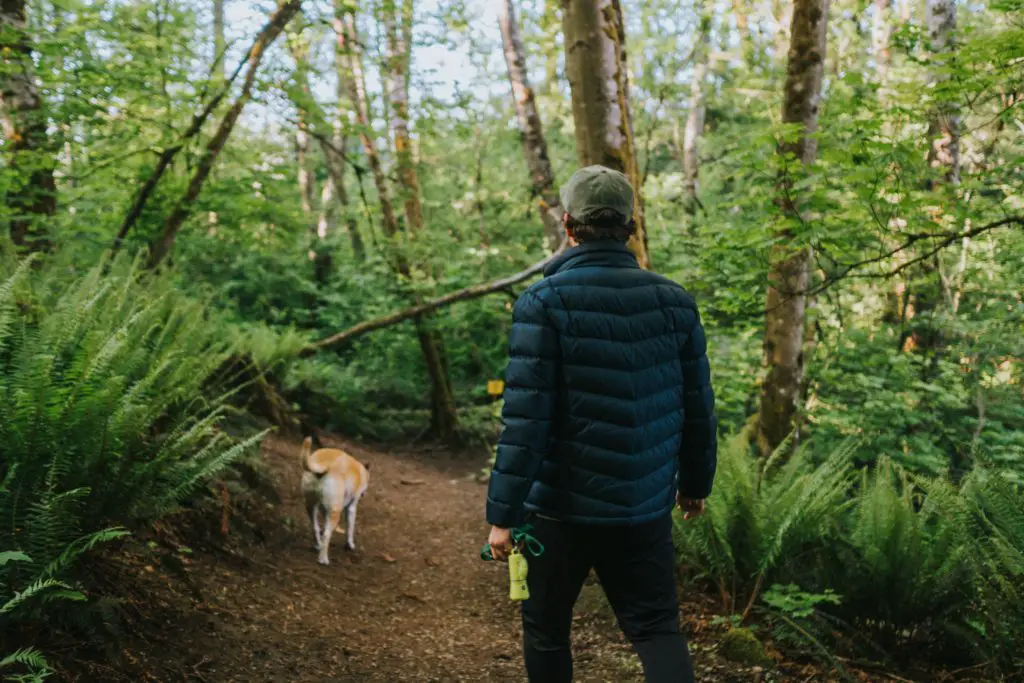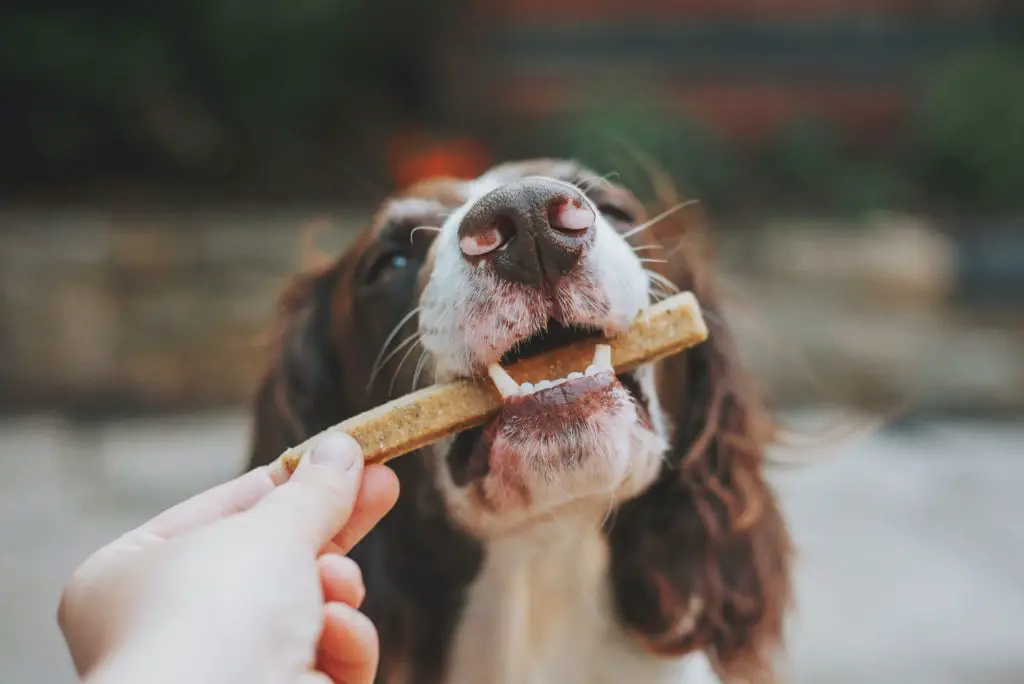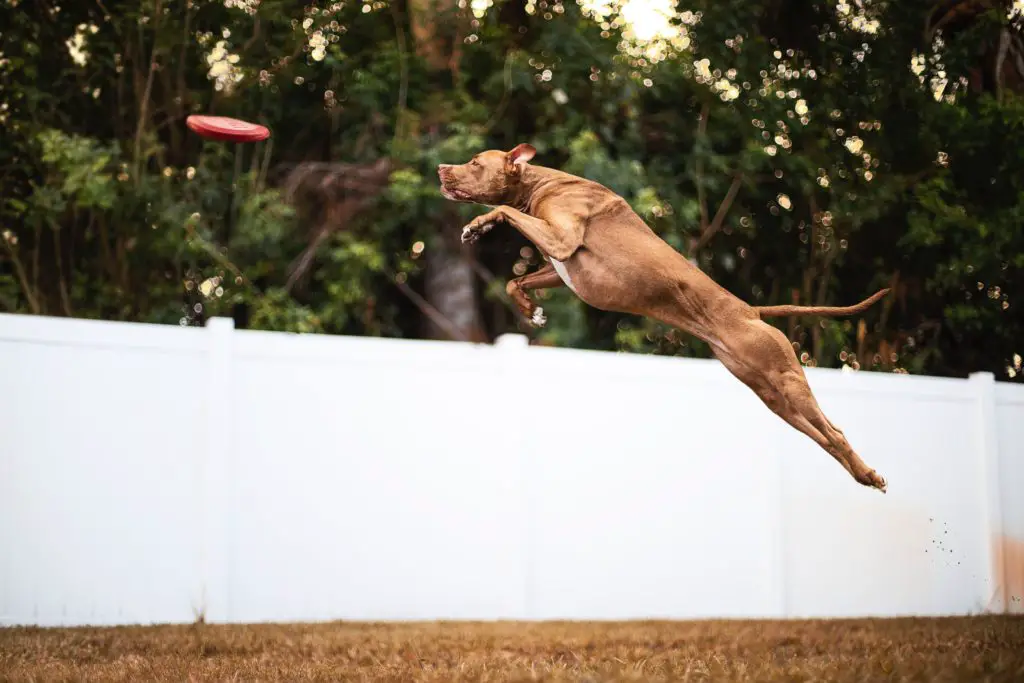There are lots of scary stories out there about aggressive dogs biting strangers and some dog owners have experienced their own dogs biting them. This is one of the reasons that some people develop fears of dogs.
Is it normal for dogs to bite their owners? While it isn’t normal for adult dogs to go around biting owners for no apparent reason, there are cases where biting is an understandable response, for example when the dog is frightened, threatened, or possessive over something. Biting is usually a last resort, so we should understand dog’s body language and ensure that they never feel the need to bite.
But how common is it for dogs to bite their owners and what should we keep in mind about this sort of aggressive behavior?
Is It Normal For Dogs To Bite Their Owners?
There are two types of behavior to watch out for here. When dogs are puppies they will mouth a lot as they play and should soon learn to do this without using their teeth. But, there will be times when puppies do bite accidentally. Also, some adult dogs will resort to biting when they feel threatened. If your dog bites you out of character, it is important to focus on the reason rather than punish them for their reaction.
Mouthing VS. Biting
A lot of puppies will use mouthing as a way to interact with you and their littermates during play. It is a good way of play fighting and learning assertive and submissive behaviors without the risk of injury. Some puppies may bite accidentally as they get used to playing gently. You can train them not to use their teeth by stopping play and saying “no” in a firm tone.
When adult dogs bite, snap at family members or just get a little more defensive or aggressive, this means that something is troubling them. A well-trained dog should only use biting as a last resort to protect themselves. So, it is important to look at why they are reacting this way.
Why Do Dogs Sometimes Bite Their Owners?
A bite is a simple and effective way for dogs to tell people and other animals to back off. Most dog owners won’t experience their own dog biting them and using their teeth unless there is a serious problem. Quite often, a dog will exhibit other signs first as a warning. This can include:
- Turning their head away when being petted
- Holding their ears back
- Tucking their tail between their legs
- Showing the whites of their eyes
- Yawning
What To Do If Your Dog Bares His Teeth At You?
Dogs snarling and bearing their teeth is another sign of aggression and discomfort where you need to back off and give them space so that they don’t resort to biting. If you ignore any of these signs and stress the dog out further, or potentially cause them pain and discomfort, they may resort to biting because you missed the other cues.
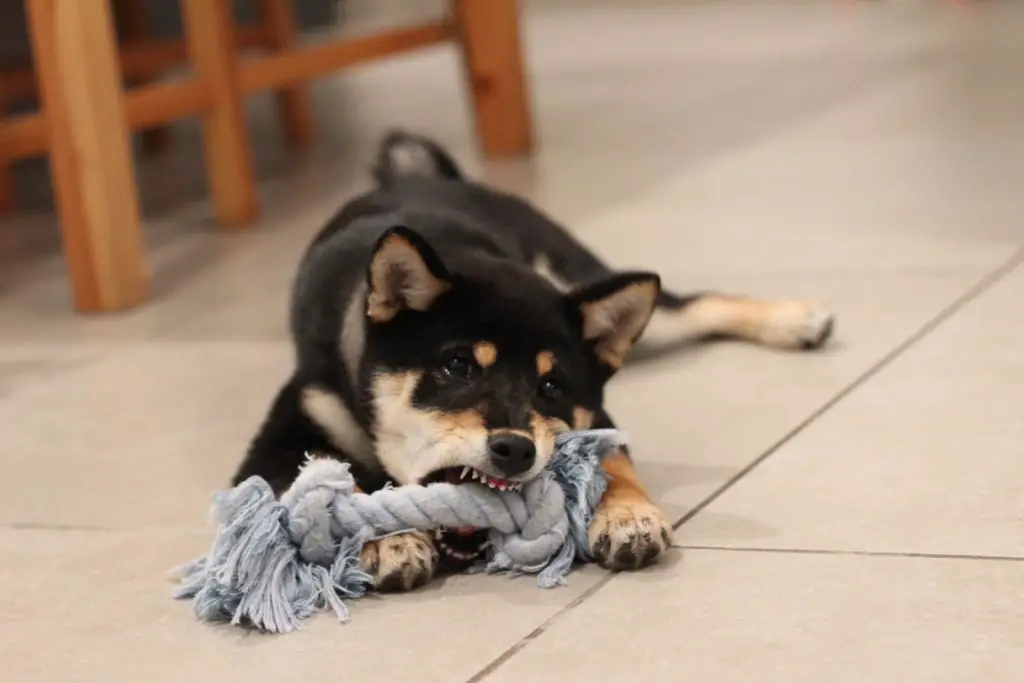
Why Is My Dog Suddenly Growling And Snapping At Me?
Dog owners often find that when their pet does snap and growl at them, potentially as a warning before biting, that it seems to come from nowhere. This is because something has changed or there has been an incident to cause them to feel distressed or threatened. This could be because they are afraid of something. They may have experienced something stressful and would prefer to be alone while they deal with any distrust. They could also be dealing with some pain or an injury where they don’t want to be petted or picked up. Therefore, they are snapping to get you to back off.
Whenever anything like this happens, you must respect their wishes and keep an eye on the situation. Watch to see if they are off their food or limping at all, as this can highlight illness or injury. Talk to other family members to see if they did anything or experienced anything that would have upset the dog. The sooner you can understand the reasoning, the easier it is to stop it from happening again. Subsequently, you should reduce the risk of your dog growling or snapping out of nowhere.
There are also some cases where dogs can resort to aggressive tendencies like snapping and showing teeth related to certain situations. You may have noticed a pattern where they exhibit the same responses time after time. This is often an indication of a dog that is too possessive. Some dogs can get possessive of their food, especially rescues that struggled to get a decent meal in the past. They may snap at owners or other dogs that get too close as they eat. Then there are small breeds that get aggressive towards other people for getting too close to their owner.
In the case of the former, you can take some time to give dogs their space and built trust over food security. For the latter, you need to nip that in the bud as soon as possible and correct the dog by removing them from the situation.
Should You Punish Your Dog For Biting?
Don’t punish the dog, especially there was a legitimate reason for the bite. If you failed to read the other signs in their body language while they were hurt or upset then you gave them no choice. Also, negative reinforcement and punishments could make the situation worse if they are already upset or dealing with trust issues. Work on the cause of the bite and your own ability to read your dog’s body language. You can train dogs to respond better to certain situations, as well as training people to handle the dog more appropriately. But, you can’t ignore your own responsibilities here.
Do Dogs Feel Guilty After They Bite?
This is something we might not fully understand. There are physical cues that we attribute to guilt, as they typically occur when a dog is being reprimanded for bad behavior. They may know that they have done something wrong and could show similar signs after biting, but we can’t tell if they truly feel guilt like we do.
Conclusion
In short, while it isn’t normal for adult dogs to go around biting owners for no apparent reason, there are cases where biting is an understandable response. Unless there are deeper behavioral issues around trust and possessiveness, biting is usually a last resort. Work to understand other body language cues and ensure that they never feel the need to bite.
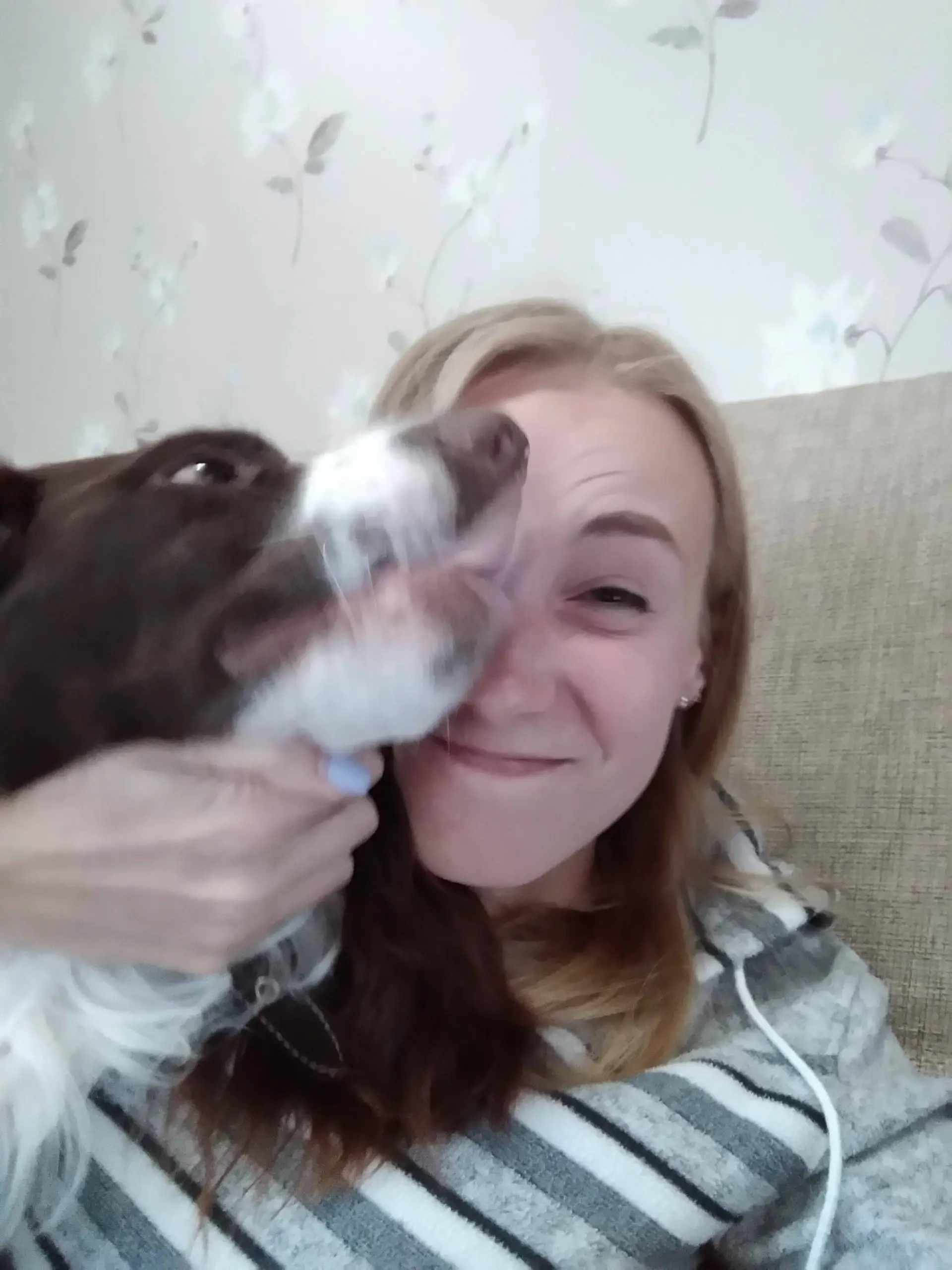
My name is Katie, and I have had different pets at home for as long as I can remember. While I can definitely say I love all animals in general, my heart belongs to cats and dogs. I know you are supposed to choose one or the other, but I could never really decide. I’ve also owned hamsters and fish when I was a kid, and they filled my childhood with very delightful memories.

